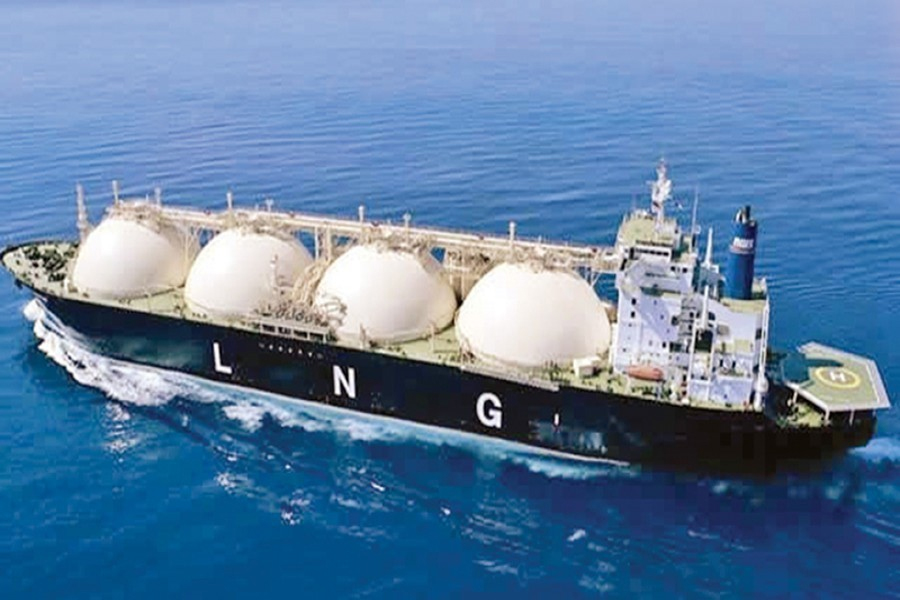Staff Correspondent
Published:2024-05-14 17:25:11 BdST
Energy efficiency measures can save Bangladesh $460m a year in LNG imports: IEEFA
Effective measures to improve energy efficiency instead of importing more Liquefied Natural Gas (LNG) to meet the escalating domestic demand could save Bangladesh $460 million a year and help wean the country off its expensive import dependence.
The Institute for Energy Economics and Financial Analysis (IEEFA), a global think tank examining issues related to energy markets, trends and policies, said in a report on Monday.
The report surveys 51 industries with 124 gas-fired captive generators and a combined generation capacity of about 250 megawatts (MW) to find solutions to reduce the country’s increasing LNG demand.
“An insatiable appetite for gas could lock Bangladesh into a vicious cycle of spiraling prices and supply issues pertaining to LNG, and threaten to stall its economic transformation,” says the report’s author, Shafiqul Alam, lead analyst – Bangladesh Energy, IEEFA.
Alam examined the nation’s brief, turbulent relationship with imported LNG, and how the once cheap fossil fuel quickly became an economic burden.
What seemed a safe bet when Bangladesh started importing cheap LNG in 2018 began to unravel a year later with Covid-19 and its supply-chain disruptions.
Then came the global fuel price shocks brought on by Russia’s invasion of Ukraine in 2022, compounded by domestic economic woes.
“The plan to import sufficient energy for development was not designed to cope with the high level of volatility in the international fuel market, depreciation of the local currency and weak fiscal conditions,” he says.
However, the different industries and the power sector have embraced LNG. For instance, industries use gas in their manufacturing process and for captive power generation in the absence of reliable grid electricity. Therein lies the problem and one of the solutions, the report finds.
“Low efficiency in gas-fired captive power generation consumes a significant amount of gas annually. This is despite the average efficiency in captive generation increasing to 35.38% from 30% in the last decade,” Alam said.
He said, “Additionally, a significant percentage of industries do not utilise the waste heat released by these generators.”
The report found that by replacing the vast stock of ageing, inefficient generators with more efficient models already available, and harnessing the waste heat produced by generators for other applications, Bangladesh could reduce the demand for imported LNG by a massive 50.18 billion cubic feet a year, or 21 percent, representing an annual saving of $460 million.
While replacing generators will require significant upfront investment, this capital outlay can be recouped within 1.5 to five years.
The payback of investment in waste heat recovery is only about one year, the study found.
The alternative is to spend far more in building additional infrastructure to cope with the increasing local demand for fossil fuel imports against a global backdrop of tightening regulations to produce environment-friendly products.
Unauthorized use or reproduction of The Finance Today content for commercial purposes is strictly prohibited.


